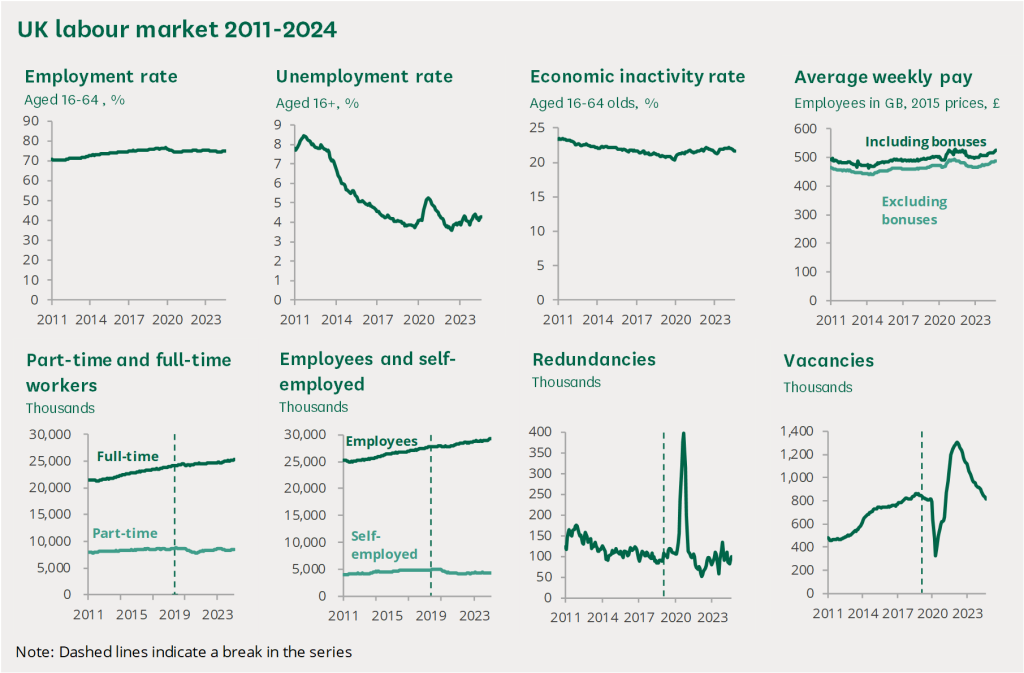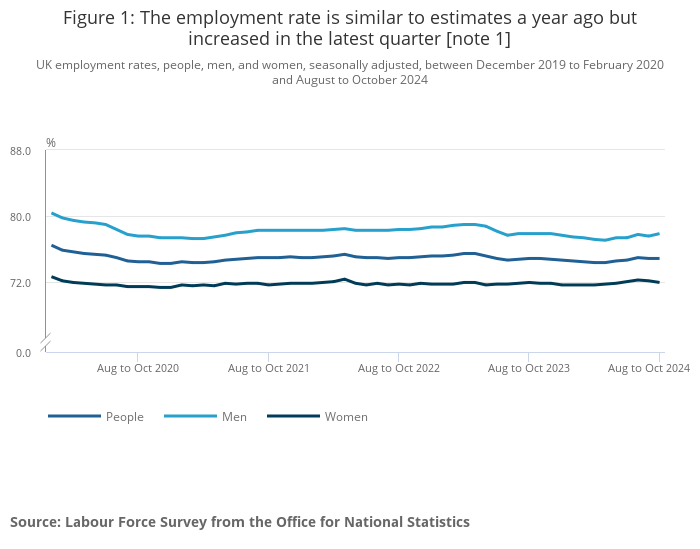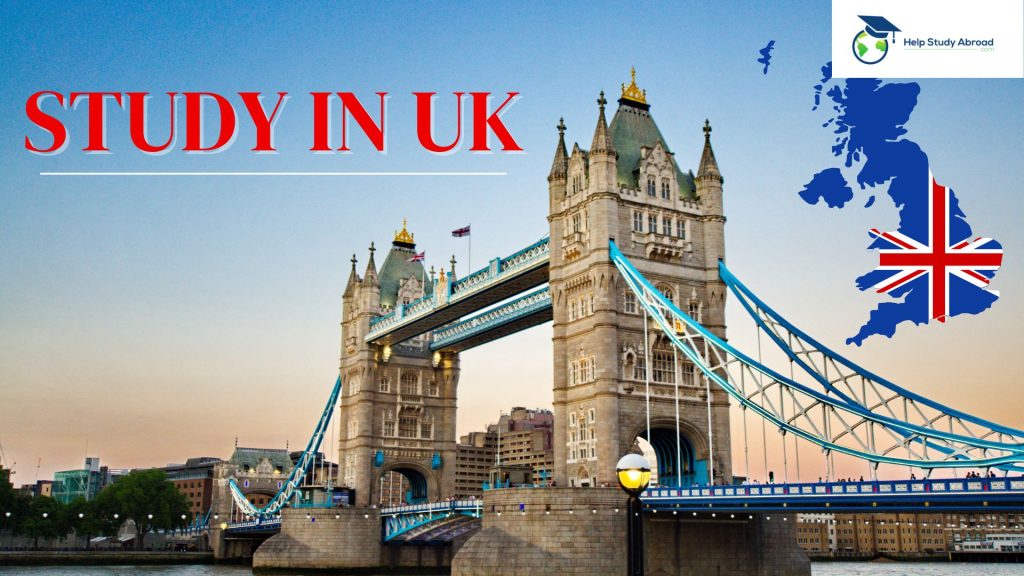Want to study in the UK? Get free counseling for top universities in the UK? courses, student visas, scholarships, costs, and more!
Study in the UK – Top Universities, Visa, Scholarships, Courses
With a history of academic excellence and research-driven learning, studying in the UK is a gateway to globally recognized qualifications and exciting career opportunities. The UK education system also emphasizes shorter course durations, enabling students to achieve their degrees efficiently while saving on tuition and living expenses.
For international students, the UK provides an enriching experience beyond academics. The supportive environment, access to world-class resources, and opportunities for personal and professional growth make it an ideal choice.
India sent the most students to the UK in 2021/22, 126,600 entrants in 2022/23; this was more than ten times the number of entrants from India in 2017/18.
Latest Updates
- The new financial rules for international students coming to the UK starting January 2, 2025, specify the following:
- For students in London:
- Proof of having £1,483 per month for living expenses.
- For students outside London:
- Proof of having £1,136 per month for living costs.
- The government has also indicated that these requirements will be regularly updated to reflect inflation and adjustments in domestic maintenance loans.
- UK Home Office sources say that the UK border and immigration system is becoming digital, and any physical documents such as Biometric Residence Permit (BRPs) and vignette visa stickers are being replaced by eVisas.
Key Highlights
| Part-time work options can fetch between £600 and £1,000 on a monthly average. | Rich Cultural Experience through historic landmarks, arts, literature, and modern attractions. |
| Shorter Course Durations that saves time and costs. | Scholarship Opportunities like Chevening Scholarships, and Commonwealth Scholarships. |
| Support for International Students including help with visas and accommodation. | Globally Recognized Degrees valued by employers and institutions worldwide. |
Why Study in the UK?
- High-Quality Education
- Wide Range of Courses
- Rich History and Cultural Diversity
- Work and Research Opportunities
- Strong Job Prospects
In recent years, the UK has remained one of the most sought-after destinations for international students, typically ranking second globally after the United States. However, its position has seen slight fluctuations:
- 2019: The UK was overtaken by Australia, temporarily dropping to third place in global rankings.
- 2021 and 2022: The UK reclaimed its position as the second most popular destination, reflecting its enduring appeal to international students.
Education System in the UK
- Levels of Education: Primary (ages 4–11), Secondary (11–16), Further (post-16), and Higher Education (post-18).
- Compulsory Education: Mandatory up to age 16, leading to GCSEs.
- Qualifications: A-Levels, Scottish Highers, and vocational options like NVQs for further education.
- Higher Education: Includes Bachelor’s (3 years), Master’s (1 year), and PhD (3–4 years).
Eligibility to Study in the UK
- Academic Requirements:
- Undergraduate: Completion of Secondary education
- Postgraduate: A relevant bachelor’s degree from an accredited institution.
- English Language Proficiency:
- IELTS, TOEFL, or other recognized tests to prove English skills.
- Financial Requirements:
- Proof of sufficient funds to cover tuition fees and living costs.
- Visa Requirements:
- Tier 4 (General) student visa for international students.
- Must be accepted by a licensed sponsor (university or college).
- Age Requirements:
- Minimum age of 16 for undergraduate courses, 21+ for some postgraduate programs.
- Health Insurance:
- Immigration Health Surcharge (IHS) for NHS access.
Document Required to Study in the UK
- Valid Passport
- Offer Letter
- Academic Transcripts and Certificates
- English Language Proficiency Test Results
- Proof of Financial Support:
- Visa Application Documents:
- Immigration Health Surcharge (IHS) Payment Receipt
- Passport-sized Photographs
- Personal Statement
- Letters of Recommendation
- If applicable
- Tuberculosis Test Results
- Portfolio
- Work Experience Documents
Top courses to study in the UK
| Course Name | Average yearly Fees | Intake |
|---|---|---|
| Business and Management | £15,000–£30,000 | September, January |
| Engineering | £14,000–£28,000 | September, January |
| Medicine and Healthcare | £25,000–£50,000 | September |
| Law | £12,000–£22,000 | September, January |
| Computer Science and IT | £14,000–£27,000 | September, January |
| Data Science and AI | £15,000–£28,000 | September, January |
| Architecture | £12,000–£25,000 | September |
| Social Sciences | £12,000–£20,000 | September |
| Creative Arts and Design | £10,000–£18,000 | September |
| Education | £10,000–£20,000 | September, January |
Top Universities to Study in the UK
| Top Universities | QS World Rankings (2025) | Special Notes |
|---|---|---|
| Imperial College London | 2 | Surpassed Oxford and Cambridge for the first time. |
| University of Oxford | 3 | Continues its strong global reputation. |
| University of Cambridge | 5 | Renowned for academic excellence. |
| University College London (UCL) | 9 | Consistently ranks in the top 10 globally. |
| University of Edinburgh | 27 | Known for research and innovation. |
| University of Manchester | 34 | High research output and global reputation. |
| King’s College London (KCL) | 40 | Offers comprehensive programs across disciplines. |
| London School of Economics (LSE) | 45 | Global leader in social sciences. |
| University of Bristol | 55 | Strong focus on teaching and research. |
| University of Warwick | 62 | Innovative academic and research approach. |
Intake in the UK
| Intake | Month | Action |
|---|---|---|
| Fall (Primary) | September/October | Apply between January and June. |
| Winter (Secondary) | January/February | Limited courses available. Apply between June and November. |
| Spring (Rare) | April/May | Apply between November and February. |
Cost of studying in the UK
| Study Programme | Average Yearly Fees | Action |
|---|---|---|
| Undergraduate Programs | £10,000–£38,000 | 1. Research universities and courses 2. Apply for scholarships |
| Postgraduate Programs | £11,000–£30,000 | 1. Look for specific program scholarships 2. Check visa requirements. |
| MBA Programs | £20,000–£60,000 | 1. Consider high-ranking business schools 2. Explore scholarships |
| Medical & Veterinary Courses | £25,000–£50,000 | 1. Apply for specialized scholarships 2. Plan for additional costs (e.g., lab fees) |
| Language & Foundation Programs | £8,000–£15,000 | 1. Ensure eligibility for degree programs 2. Check health insurance requirements. |
| PhD Programs | £4,000–£24,000 | 1. Research funding opportunities 2. Apply for research grants or university stipends |
Cost of living in the UK
| Expense Category | Estimated Monthly Cost | Details |
|---|---|---|
| Accommodation | £500–£1,200 | Varies by location; private rent is more expensive in cities like London. |
| University Halls | £400–£800 | Cheaper than private rentals, especially outside London. |
| Groceries | £150–£250 | Includes basic food, toiletries, and household items. |
| Eating Out | £10–£20 per meal | Cost of dining at mid-range restaurants or casual eateries. |
| Public Transport | £30–£150/month | Cost varies by city; London’s travel costs are higher (Bus Fare: £1.75 per ride, with free transfers within one hour) |
| Utilities (Bills) | £50–£150/month | Includes electricity, gas, water, and council tax (in some areas). |
| Internet | £25–£40/month | Standard broadband costs. |
| Healthcare | £20–£40/month (if private) | Free NHS access with IHS. |
| Study Materials | £30–£50/month | Costs can be minimized with used materials. |
| Leisure/Entertainment | £40–£80/month | Includes activities like cinema, social outings, and gym memberships. |
| Regional Variations | Costs higher in London and Southeast England | Lower in cities like Cardiff, Birmingham, and Glasgow. |
Scholarships to study in the UK
| Name of the Scholarship | Description | Funding |
|---|---|---|
| Chevening Scholarship | Funded by the UK government. Supports outstanding international students with leadership potential. | Tuition fees, living costs, travel expenses and additional allowances. |
| Commonwealth Scholarships | For students from Commonwealth countries pursuing master’s or PhD programs in the UK. | Tuition fees, travel costs, living expenses, and research grants. |
| GREAT Scholarships | Offered by the British Council in partnership with UK universities for students from select countries. | Provides up to £10,000 towards tuition fees. |
| Rhodes Scholarship | Prestigious award for postgraduate study at the University of Oxford, focused on academic excellence and leadership. | Tuition fees, living costs, travel costs, and research grants. |
| Gates Cambridge Scholarship | Awarded to outstanding students for postgraduate study at the University of Cambridge. | Tuition fees, living costs, airfare, and other academic expenses. |
| Vice-Chancellor’s Scholarships | Offered by individual universities to academically excellent students. | Varies by university; may include full or partial tuition fee waivers and living stipends. |
| Scotland Saltire Scholarships | For students from specific countries pursuing master’s degrees in Scotland. | Provides £8,000 towards tuition fees. |
| Erasmus Mundus Joint Master Degree | EU-funded program offering scholarships for joint master’s degrees at multiple universities, including in the UK. | Tuition fees, travel, living costs, and insurance. |
| British Council Women in STEM Scholarships | For women pursuing STEM-related master’s degrees in the UK. | Tuition fees, travel costs, living expenses, and other allowances. |
| Fulbright Awards | For US citizens pursuing postgraduate study or research in the UK. | Tuition fees, living costs, and travel expenses. |
Part-time Work Options for International Students in the UK
Most Tier 4 visa holders can work up to 20 hours per week during term time and full-time during holidays.
As of April 2024, the UK minimum hourly wages are:
- Ages 21 and over (National Living Wage): £11.44
- Ages 18 to 20: £8.60
- Ages 16 to 17 and apprentices: £6.40
Rates apply to both part-time and full-time jobs and are reviewed annually. From April 2025, the National Living Wage is set to rise to £12.21/ hour.
Popular Jobs: Retail, hospitality (restaurants, cafes, hotels), tutoring, and campus-based roles like student ambassadors.
Here’s is the average salary in the UK per hour:
- Retail and customer service roles: £8-£10 (₹880 – ₹1,100)/ hour.
- Hospitality: £9-£12 (₹990 – ₹1,320)/ hour
- Administrative roles: £10-£13 (₹1,100 – ₹1,430)/ hour.
Post-Study Work Permit in the UK
- Graduate Route: Allows international students to stay in the UK after completing their studies.
- Duration: 2 years for graduates; 3 years for PhD holders.
- Flexibility: No job offer or sponsorship is required; work at any skill level.
- Cost: Application fee: £715 (subject to change).
- IHS: £624/ year.
- Transition: Option to switch to other visas, like the Skilled Worker Visa, for long-term employment.
Student visa requirements for the UK
On completing Tier 4 (General) student visa application, the following are required apart from a few recent passport-size photos.
Documents Required for Visa Application
UK Student Visa Document Checklist
- Passport
- CAS: Confirmation of Acceptance for Studies from a licensed UK institution.
- Proof of Funds
- English Proficiency
- TB Test Certificate (If needed)
- IHS
- Biometric Information
- Parental Consent: For under-18
Job prospects in the UK

- Diverse Opportunities Across Industries
- London is a global hub for finance, with companies like HSBC and Barclays.
- High demand exists in tech (software developers, data scientists), digital marketing, healthcare (nurses, physiotherapists), and renewable energy.
- Companies like Google and Amazon have established UK operations.
- Graduate Schemes
- Unilever’s Future Leaders Program trains graduates for leadership roles.
- Startups and Innovation
- The UK has a thriving startup ecosystem, especially in cities like London, Manchester, and Edinburgh.
- Fintech startups like Revolut and Monzo frequently hire skilled professionals.
- Remote Work Opportunities
- Post-pandemic trends have increased remote working options across industries.

Final Take Away
Studying in the UK offers international students world-class education, diverse cultural experiences, and globally recognized qualifications. While challenges like visas and finances exist, the opportunities for academic growth, skill development, and global networking make it a rewarding choice, opening doors to a successful future. Choosing to study in the UK is not just about earning a degree; it is a life-changing journey that combines academic excellence with cultural exploration and personal development.
FAQ’s
- How can I apply to UK universities?
Applications are submitted through UCAS or directly to the university for certain courses. - Are part-time courses available for international students?
Part-time study is limited for Tier 4 visa holders, as most visas require full-time enrollment. - How much does it cost to study in the UK?
Tuition fees range from £10,000 to £30,000 per year, depending on the course and university. Living expenses are about £9,207–£12,006 annually. - What are popular cities for international students in the UK?
London, Manchester, Edinburgh, Birmingham, and Glasgow - Can I bring my family while studying in the UK?
Yes, if you are studying at a postgraduate level and your course is longer than 9 months, you can bring dependents on a dependent visa. - Can I stay after graduation?
Yes, under the Graduate Route: 2 years for bachelor’s/master’s, 3 years for PhD. - How long does it take to process a Student visa?
It usually takes 3 weeks after submitting your application, but it’s best to apply well in advance. - Do I need a bank account in the UK?
Yes, opening a local bank account is recommended for managing finances and avoiding international fees. - Are internships part of the study programs?
Many UK programs include work placements or internships, especially in business, engineering, and healthcare courses. - What types of accommodation are available?
Options include university halls of residence, private student housing, or shared apartments. Costs vary by location.




